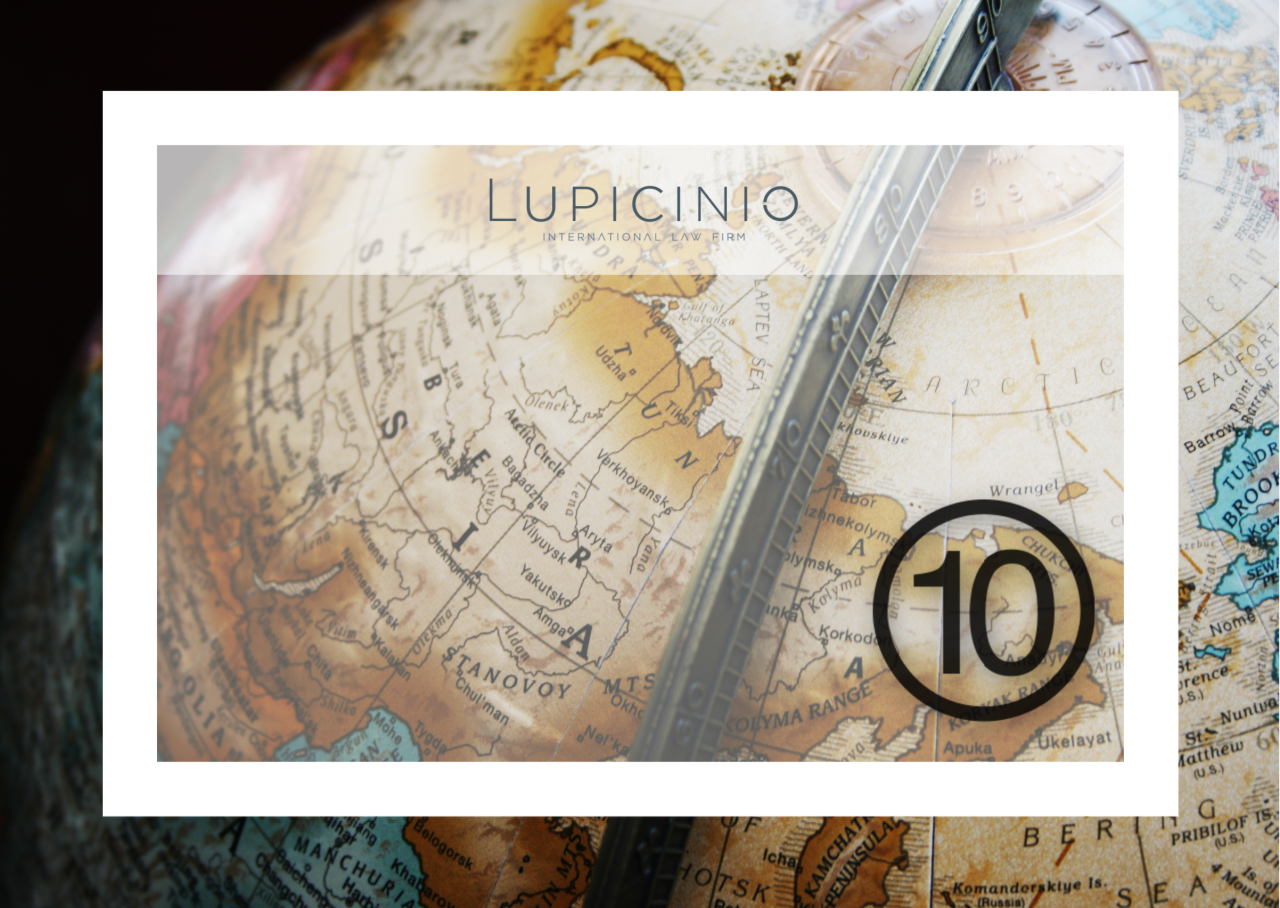The European Union issued the so-called “tenth sanctions package” to coincide with the first anniversary of the Russian Federation’s intervention in Ukraine.[1]. Under this new act, more than 120 individuals and new Russian entities have been added to the sanctioned lists.[2].
Mrs. Von der Leyen (President of the European Commission) described the new package as follows: “These sanctions are designed to drain Russia’s arsenal and take a big bite out of its economy.” [3]
In this regard, the most relevant measures in the tenth sanctions package include the following[4]:
1) New additions to the sanctioned lists. The EU has added more than 120 individuals and entities to the list of sanctioned individuals and entities, including:
- Senior Russian Federation commanders;
- military leaders;
- Russian-appointed authorities in the ”occupied” territories inside Ukraine;
- individuals and organisations that ”pollute the public space with disinformation”. And uniquely, media outlets that have waged ”information warfare” in favour of Russia; and
- individuals and organisations in Iran involved in the development of drones and components that they claim to have collaborated with the Russian army.
2) New export blockades. Especially dual-use goods and advanced technology that contribute to Russia’s military capabilities.
This includes electronic components used in the Russian weapons system, as well as ground and thermal cameras with military applications. In addition, these goods are blocked if they can be easily redirected to military use:
- Vehicles: heavy trucks that are not yet sanctioned (and their components), semi-trailers and special vehicles such as those used on snow;
- goods that can be used in the Russian military: electrical generators, binoculars, radars, compasses, etc;
- construction goods: bridges, tower structures, forklift trucks, cranes, etc;
- goods essential to Russian industrial capacity: electronic components, machine parts, industrial pumps, metalworking machinery, etc.; and
- aviation industry goods.
3) Import embargo. A blockade is imposed on the following valuable goods of Russian origin:
- Bitumen and related materials such as asphalt; and
- synthetic rubber and carbon.
4) Financial sector. The assets of three Russian banks have been added to the lists and frozen.
5) Other measures:
- Prohibition of Russian nationals from holding any employment position in the public bodies of Member States designated as ”Critical Infrastructure”. The regulation itself gives a description of what these entities are; and
- a ban on Russian nationals from reserving gas storage capacities in the Union.
6) Enforcement and anti-circumvention measures. A number of obligations related to the assets of the Russian Central Bank are included. The aim of the Union is to use Russian public funds for the “reconstruction of Ukraine once Russia is defeated.”
These measures include:
- Obligation to report blocked assets and assets to be blocked;
- private flights between the EU and Russia both direct and with stopovers must be notified in advance; and
- a ban on the transit of dual-use goods as well as firearms from Russian territory to third countries.
[1] The European Union agrees a tenth package of sanctions against Russia on the anniversary of the war. Spanish Radio and Television. Retrieved from: La UE acuerda un décimo paquete de sanciones a Rusia (rtve.es) (only in Spanish)
[2] Europe approves 10th package of sanctions on Russia: ”The most extensive of all”. A3 Media News. Retrieved from: Europa aprueba el décimo paquete de sanciones a Rusia: “La más extensa de todas” (antena3.com) (only in Spanish)
[3] Verified account of Ursula von der Leyen. Publication dated 25 February 2023 at 11:59 am. Accessed online at: https://twitter.com/vonderleyen/status/1629436037754650625?s=20
[4] Sanctions adopted following Russia’s military aggression against Ukraine – Tenth Package. Web Oficial de la Comisión Europea. Consultado en: Sanctions adopted following Russia’s military aggression against Ukraine (europa.eu)
******
More information:
Lupicinio International Law Firm
C/ Villanueva 29
28001 Madrid
P: +34 91 436 00 90
info@lupicinio.com







